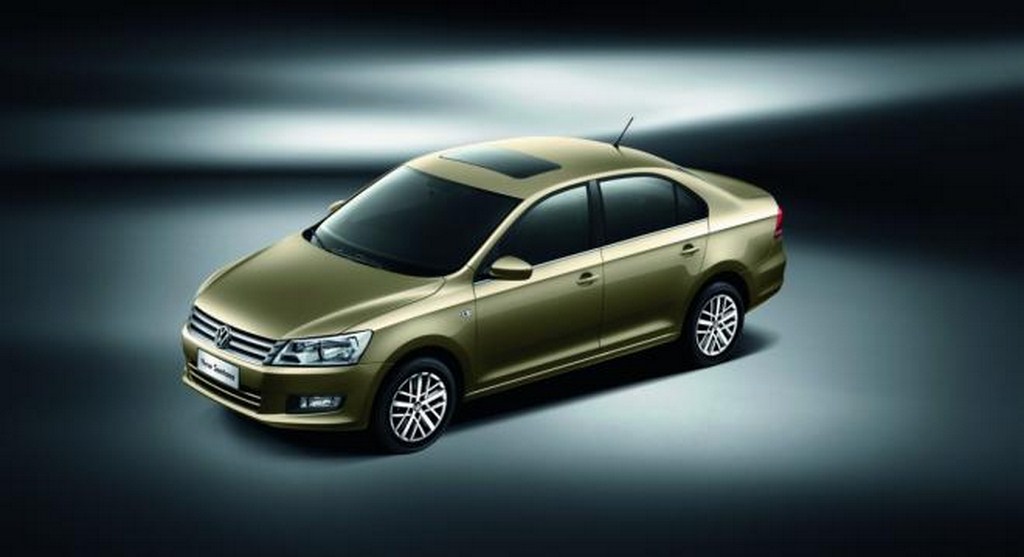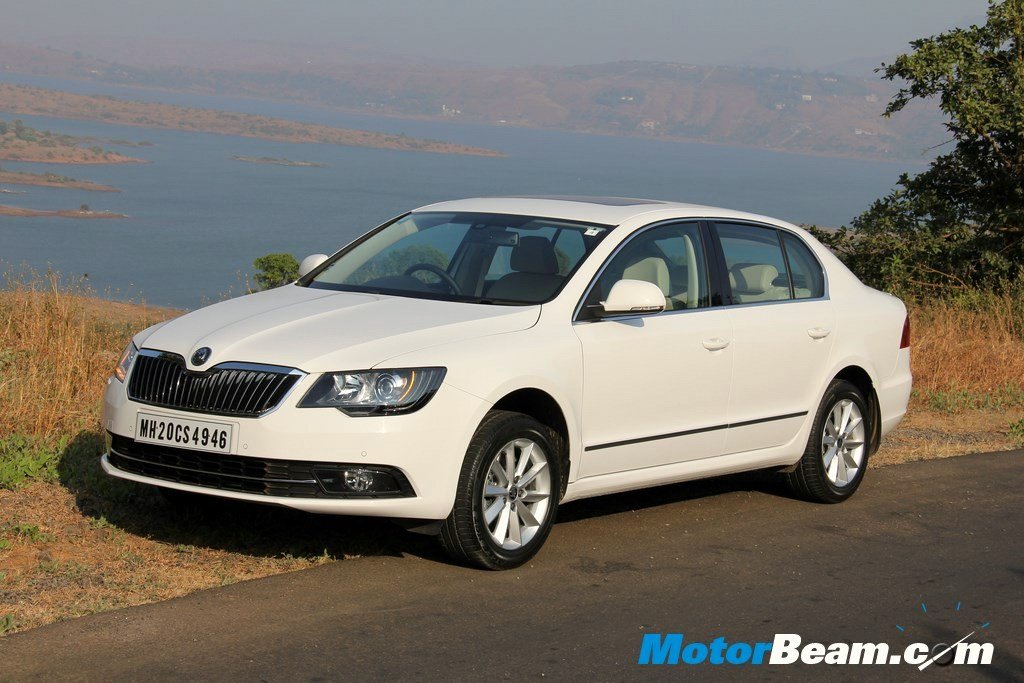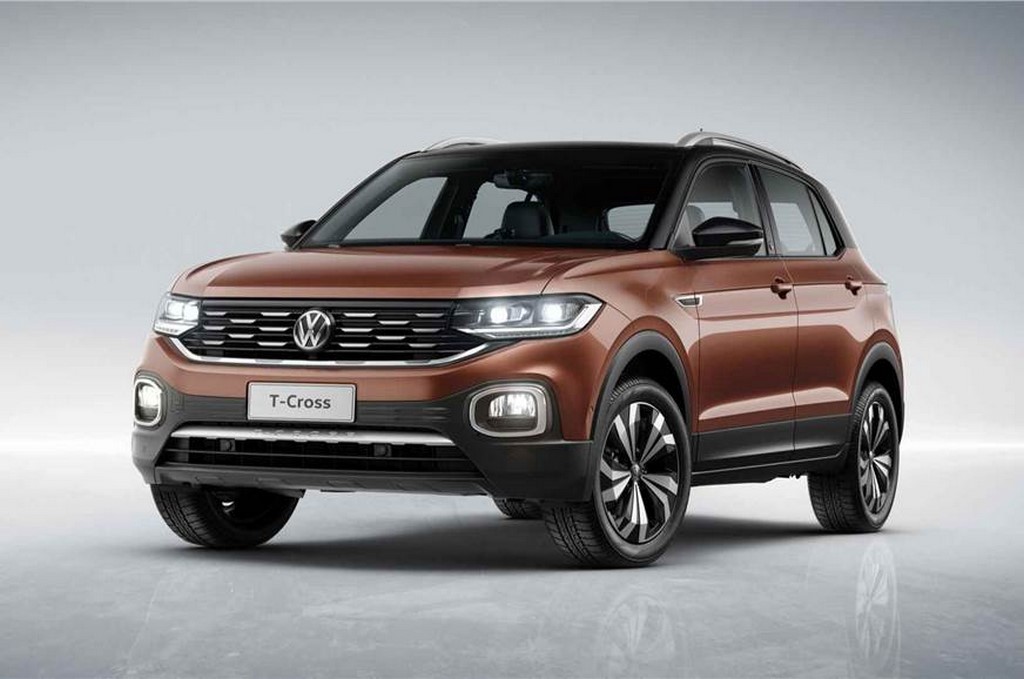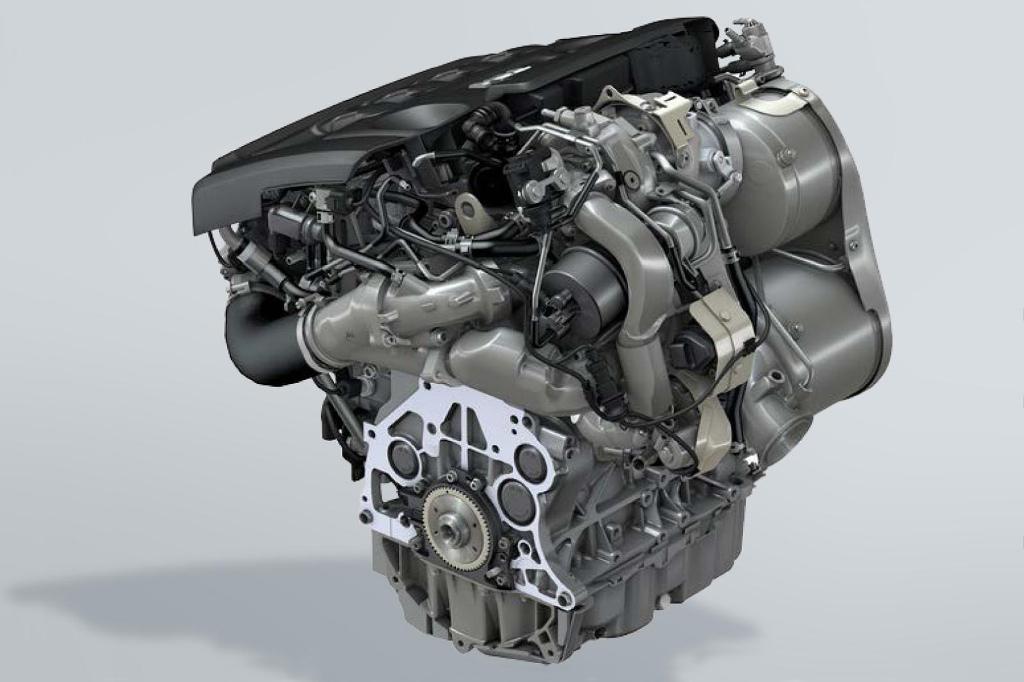
The latest diesel engine family from Volkswagen can run on paraffinic fuel and produce very less CO2
Volkswagen has said its current diesel engine family has been developed to run on adapted fuels which will result in its newer oil burners being more kinder to the environment.
According to the brand, all models it has delivered in the UK since June that are powered by its 4-cylinder TDI motors can run on paraffinic diesel which will enable them to emit up to 95 percent fewer CO2.
Paraffinic fuel which contains bio-components is produced from biological residual and waste materials such as hydro-treated vegetable oil (HVO) which are then converted into hydrocarbons by a reaction with hydrogen. The paraffinic fuel can be added to diesel in any quantity.
Since Volkswagen has already announced that it plans to increase the share of pure-electric models sold in Europe to over 70 percent by 2030, this announcement simply lets out the fact that the company will commit to developing diesel engines for the next decade.
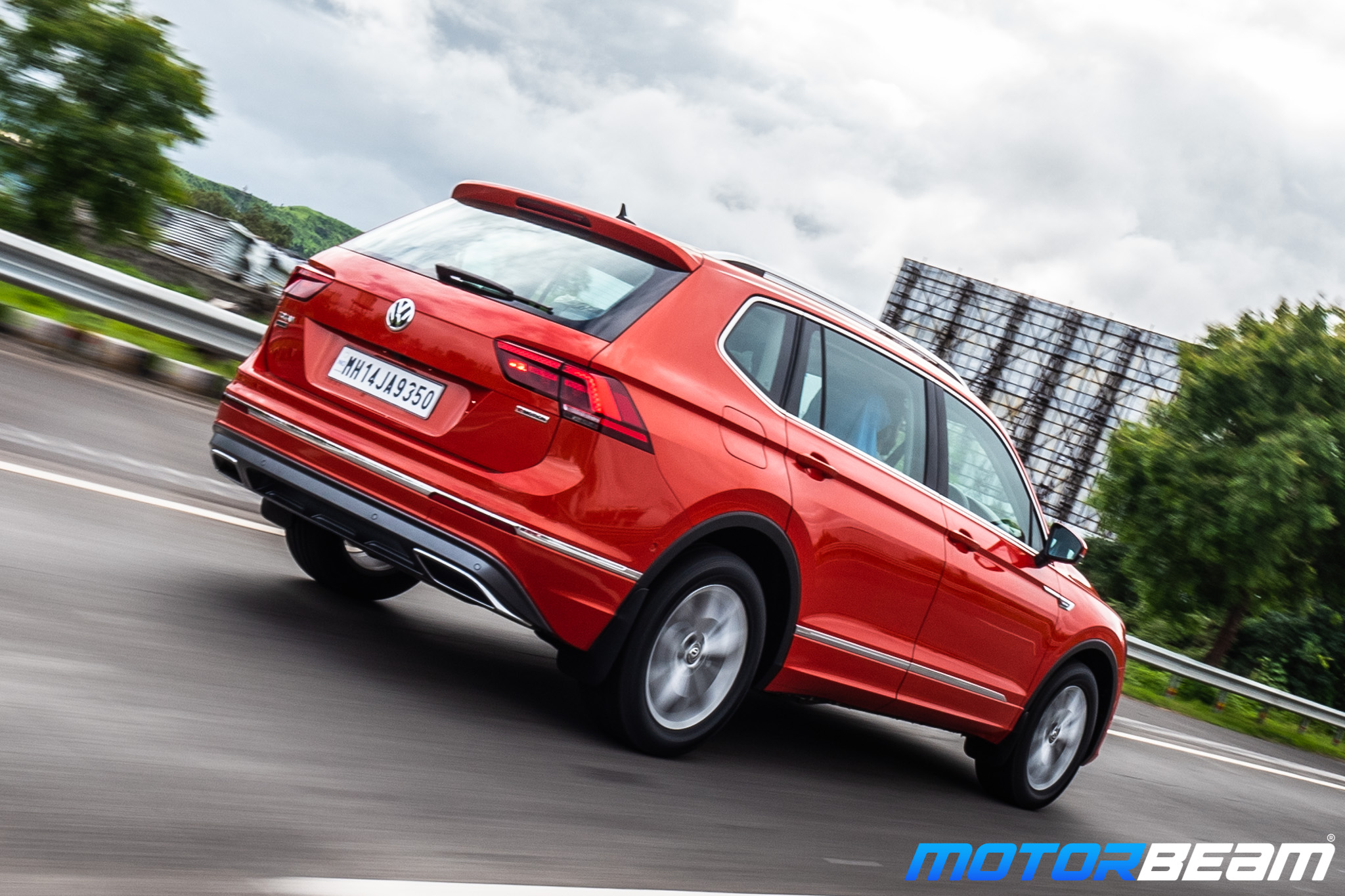
Further, this move shows that the German auto major, which aims to decrease carbon emissions by 40 percent by 2030 and be carbon-neutral by 2050, is looking at more than one way to reduce its carbon footprint.
The brand’s petrol and diesel fuel boss Thomas Garbe has said, through the use of environmentally friendly fuels, the company is “making it possible for customers throughout Europe to significantly reduce their CO2 emissions”.
However, the only gripe presently is the availability of the fuel locally. But, Volkswagen believes that paraffinic diesel fuel, which could be very attractive to fleet operators, might hold 20-30 percent market share within 10 years in Europe.
As for India, although Volkswagen does not sell a diesel car here as of now, the company had hinted in March last year that its diesel engines (for larger cars) are likely to make a comeback under its India 2.0 strategy.


